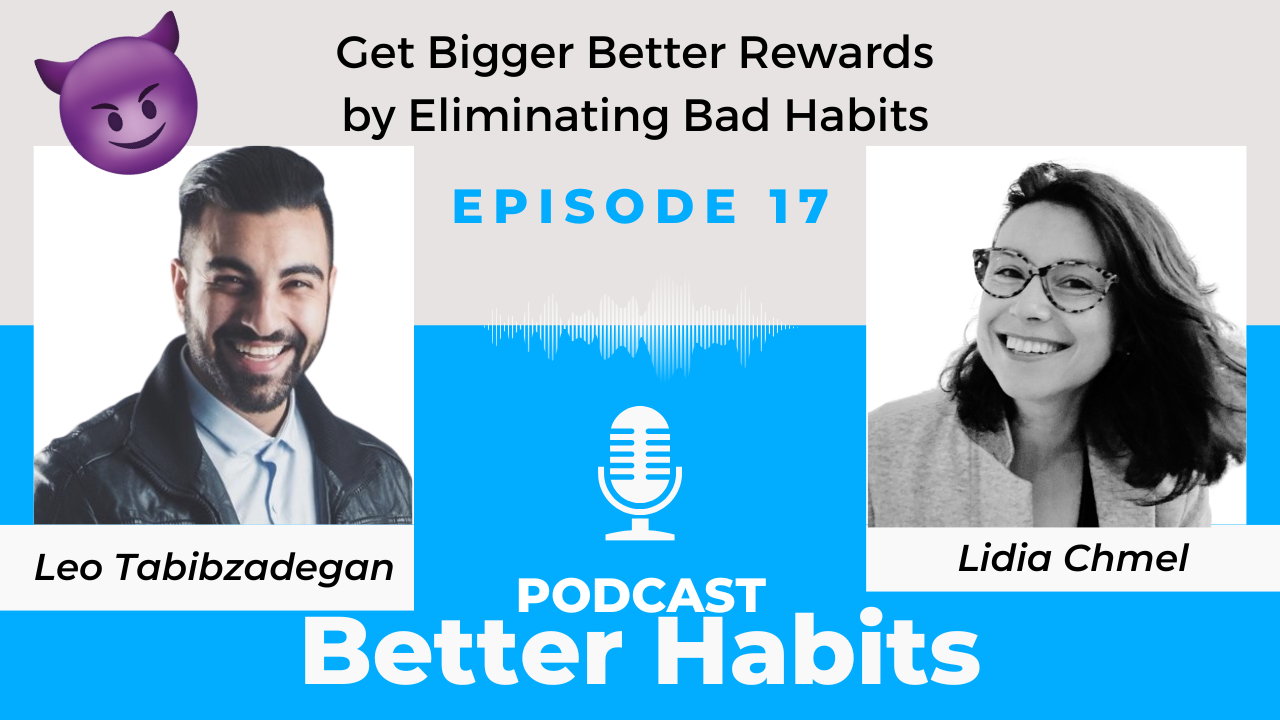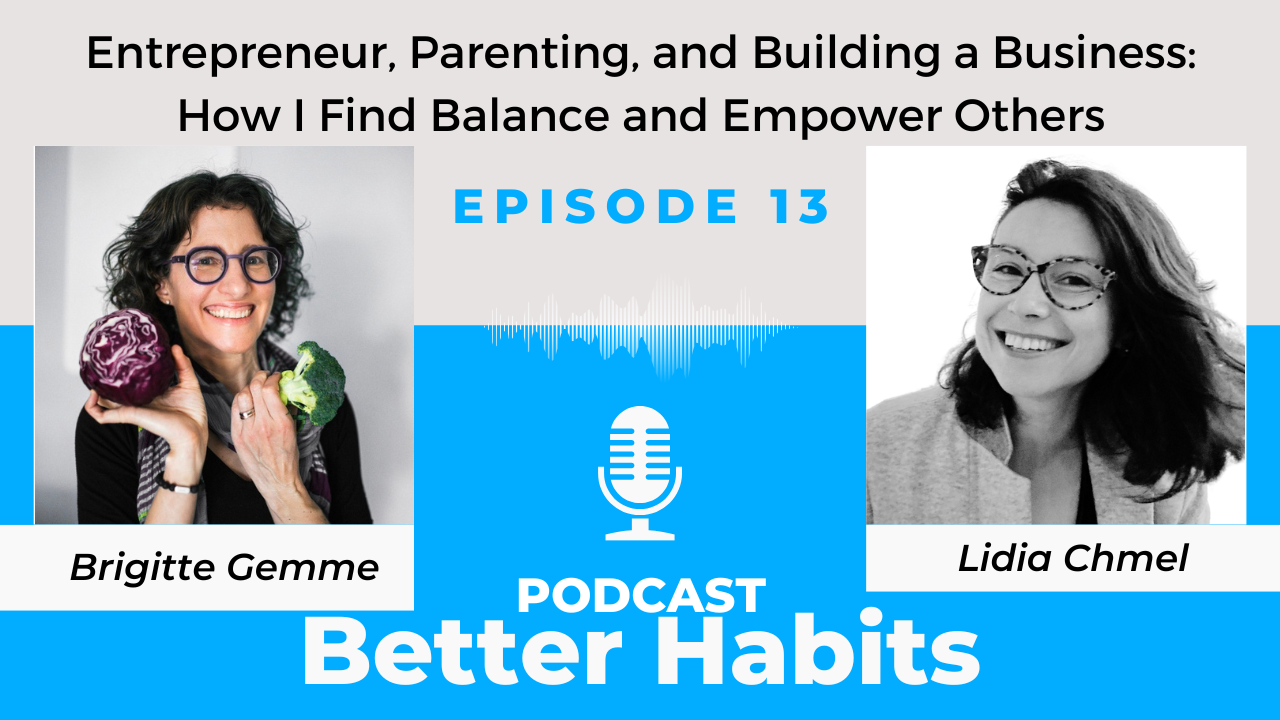This is a complete introduction to coaching in 2020.
In this new resource, you’ll learn:
- What coaching is.
- Why it’s beneficial.
- How to become a coach.
- How to hire a coach.
Let’s get started!
What is Coaching?
The International Coaching Federation (ICF) defines coaching as:
“Partnering with clients in a thought-provoking and creative process that inspires them to maximize their personal and professional potential.”
In other words, a coach is someone who supports a client in achieving their goals.
The Origins of Coaching
Around 1830, people at Oxford University started using the word “coach” as slang for private tutors who “carried” students through their exams.
In 1861, people began calling sports trainer coaches for the first time.
Over time, the word “coaching” came to describe a process where people are transported from where they are to where they want to be.
And today, coaching has expanded to include a wide variety of specialties relating to work, health, and life in general.
What Coaching is Not
The coaching profession has evolved a lot through the years, and it’s helpful to understand how it differs from similar fields.
Coaching is not:
- Counseling — Unlike counselors and therapists, coaches don’t focus on what happened in the past. Instead, they help clients establish and go after what can happen in the future.
- Consulting — Unlike consultants, coaches don’t advise their clients on what to do. Instead, they ask questions that help clients shift their perspectives and discover new solutions.
- Training — Unlike a sports trainer, coaches don’t decide the goals or processes for achieving them. Instead, they help clients establish their own objectives and action plans.
In summary, a coach focuses on the future instead of the past, provides questions rather than answers, and offers support instead of making commands.
Different Types of Coaches
These days, there are many kinds of coaching specialties. For instance:
- Business coaches help executives, managers, and teams achieve their professional goals.
- Career coaches help people with their professional trajectory as well as their resumes, cover letters, LinkedIn profiles, etc.
- Dating coaches help clients improve their success in dating and romantic relationships.
- Educational coaches help students develop the study skills they need to succeed academically.
- Financial coaches help people reduce spending, eliminate debt, and start saving money.
- Health coaches help people manage their illnesses and optimize their well-being.
- Life coaches help clients identify and achieve personal goals.
- Mental coaches help athletes and executives attain and sustain high performance.
- Mindfulness coaches help people and organizations develop present moment awareness.
- Relationship coaches help people improve their personal and business relationships.
And these are just some examples. Whatever you want help with, there’s a good chance you can find a coach to support you.
Coaching Certification Programs
Coaching is an unregulated industry, meaning that anyone can claim to be a coach.
There is no mandatory certification process coaches have to go through before they can legally accept clients.
But many coaches still choose to get certified because it teaches them valuable coaching skills.
In some industries, it also increases their authority and chances of getting clients.
If you want to learn more about training available to coaches, check out our complete list of coaching certification programs.
How Coaching Works
A coaching process can take many different forms.
As an example, at Coach.me, our coaching philosophy is to focus on momentum.
Our Momentum Method has four phases:
- Goal Discovery — The coach begins with an assessment to establish the client’s goals, expectations, and personal preferences.
- Habituation — Using the assessment, the coach and the client decide a regular practice that will support the goal.
- Growth — When the client is making consistent progress, the coach helps optimize the goal and improve their performance.
- Graduation — Once the client has met the goal, the coach either ends the relationship or starts a new momentum cycle.
If you want, you can learn more about our coaching philosophy here.
The Benefits of Coaching
A global coaching client study by the ICF found that out of all clients surveyed:
- 80% reported improved self-confidence.
- 73% reported improved relationships.
- 72% reported improved communication skills.
- 70% reported improved work performance.
- 63% reported improved wellness.
- 61% reported improved career opportunities.
Looking back, 99% of respondents indicated that they were “very or somewhat satisfied with the overall experience,” and 96% said they would repeat the process.
At an organizational level, several studies have found coaching to be an excellent investment:
- A study conducted at a Fortune 500 company showed that their executive coaching produced an overall 788% return on investment (ROI).
- A survey of 100 executives found that a conservatively calculated ROI averaged nearly six times the initial investment in coaching.
- An article in the Harvard Business Review showed that stock portfolios comprised of companies that “spend aggressively on employee development” outperformed the S&P 500 by 17%-35%.
Coaching helps people feel great and perform at their best. And that, in turn, helps businesses work more efficiently and increase their profits.
What Does Coaching Cost?
The coaching industry tends to keep its prices hidden for no good reason.
It’s unfortunate because it only makes it difficult for coaches and clients to work together.
So, in the interest of transparency, here’s what we know about how coaches generally price their services.
Business Coaches
- $150-250 per session: Junior business coaches who generally work with mid-level managers or clients who are trying coaching for the first time.
- $250-400: Established coaches who usually work with small business owners, startup executives, or director-level managers at mid-tier companies.
- $500-800: Senior coaches who generally work with top leaders in small to mid-size companies.
- $1,200-2,000: Corporate coaches who typically work with senior leaders at highly profitable companies.
- $50,000+: The top business coaches in the world who generally work with people who make multi-million dollar decisions every week.
Life Coaches
- $100-200: Generic life coaches who generally work with anyone.
- $200-300: Specialized life coaches who work in a particular niche.
- $500+: The luxury tier of life coaches who work exclusively with high net worth individuals.
Behavioral Coaches
There’s an emerging trend of behavioral coaches who are focused on short daily interactions, often via text messaging.
Coach.me pioneered this approach for general habit coaching, and there are a lot of weight loss organizations that use it, too.
The price for this kind of coaching is usually in the $60-150 per month range.
The State of the Coaching Industry
According to the latest global coaching study by the ICF, there are roughly 53,300 professional coaches worldwide.
Out of those, approximately 35% are based in Western Europe, and about 33% in North America.
Depending on factors like location and specialty, coaches earn an average annual income ranging from $27,100 to $73,100.
The global average yearly salary is $51,000, but certain specialty coaches report making $100,000 and more.
As a whole, the estimated total revenue from coaching exceeds $2.3 billion globally, which is a 19% increase since 2011.
How to Become a Coach
There’s never been a better time to be a coach.
The coaching industry is growing every day, and there’s a lot of demand for many kinds of coaches.
And naturally, a lot of people are joining the coaching profession to serve the expanding market.
So, to become a successful coach in 2020, you need to:
- Find a profitable niche to serve.
- Position your coaching in a unique way.
- Ensure a steady flow of new clients.
If you’re interested, we cover all that in our ultimate guide on how to become a coach in 2020.
How to Hire a Coach
Most coaches offer a free discovery call or trial period.
Use this opportunity to learn as much as possible about your coach.
When you first connect with a new coach, evaluate what their approach is like.
Are they assessing your current situation, asking about your goals, and addressing your expectations from the coaching?
Do they ask powerful questions that help you change your perspective and come up with new solutions?
Can they clearly explain their philosophy and the process they’ll use to help you achieve your goal?
If the answer to these questions is yes, you’ve probably found a good fit.
Feel free to check out our coaching showcase to find a great coach today.








